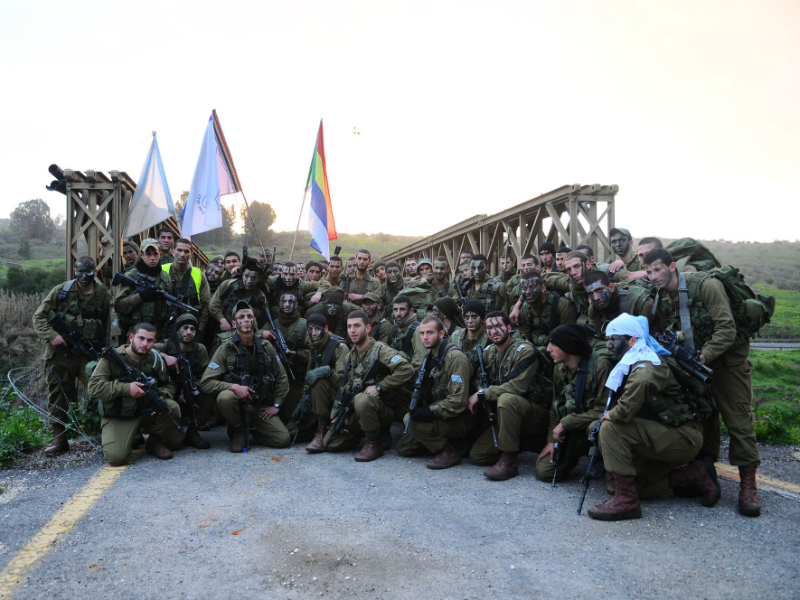On July 19, the Knesset passed a bill by a vote of 62 to 55, with two abstentions, called Basic Law: Israel as the Nation-State of the Jewish People. The reaction to this measure has caused deep divisions between the Israeli government and the opposition parties, Jews and Arabs, the Diaspora and Israel, and religious and secular Jews. It has sharply divided Zionists, some of whom see the law as an important entrenchment of the key achievements of Zionism, while others see it as completely unnecessary and foolishly provocative.
The law establishes, as a fundamental principal of Israel’s quasi-constitutional Basic Laws, that, “The State of Israel is the national home of the Jewish people, in which it fulfills its natural cultural, religious and historical right to self-determination,” and that, “The right to exercise self-determination in the State of Israel is unique to the Jewish people.”
In terms of language rights, the new law says that “Hebrew is the language of the state,” and that “Arabic has a special status in the state; regulating the use of Arabic in state institutions or by them will be set by law.” But it also states that, “This clause does not harm the status given to the Arabic language before this law came into effect.”
The law enshrines the state’s responsibility for “the safety of members of the Jewish people in trouble or captivity due to the fact of their Jewishness or their citizenship,” and declares that the state shall act “within the Diaspora to strengthen the affinity between the state and the members of the Jewish people.” It also says that, “The state shall act to preserve the cultural, historical and religious heritage of the Jewish people among Jews in the Diaspora.”
READ: ROYTENBERG: ENJOYING SUMMER, AS HELLFIRE RAINS DOWN FROM ABOVE
When the law passed, I was quick to express my dismay on Facebook. I considered the clause on language to be a slight to Israel’s non-Jews, and likely to be seen by them as a threat to their rights and status in Israel. The reaction from my friends and family, as well as my wider circle of online friends, was immediate and intense. For some, my reaction represented a colonized mentality, a throwback to Jews’ pre-state status as a threatened minority and a failure to recognize that it is good to stand up for our own rights and dignity in our homeland.
Writing in defence of the law, one person asserted that only Jews should have the right to vote in the Jewish state and that all others who live there should, in effect, have the status of resident aliens.
Many who criticized the law argued that it is unnecessary because Israel’s Jewish character emerges from its demography and is already affirmed in the Israeli Declaration of Independence, so it does not need to be enshrined in the constitution. As a majority in a democratic state, they believe that it is incumbent on Israeli Jews to accept quasi-constitutional checks on their power, in order to protect the rights of minorities. When a democratic majority uses its power to erode such protections, minorities will naturally feel threatened. This has proved to be the case in many countries.
Opponents of the law have spoken out and taken to the streets to demonstrate in large numbers. Notably, these outspoken critics have included members of Israel’s Arabic-speaking Druze minority, as well as MKs from all of the Zionist parties, from Jewish Home to Labor. Israel’s Druze are strongly pro-Zionist and, alone among Israel’s Arabic-speaking minorities, are drafted at the age of 18 into the IDF. On Aug. 3, a Druze-led demonstration in Tel Aviv’s Rabin Square called for equality for all Israelis and drew at least 50,000 people, according to the Times of Israel.
Speaking at the rally, the spiritual leader of Israel’s Druze, Sheikh Muafak Tarif, said that, “Despite our unlimited loyalty to the state, the state doesn’t consider us equals.” A Druze MK who lost his son to a terror attack last year declared that he had become a second-class citizen.
In my view, Israel’s government must listen to the voices of members of Israel’s minority groups and reconsider the wisdom of this law.
